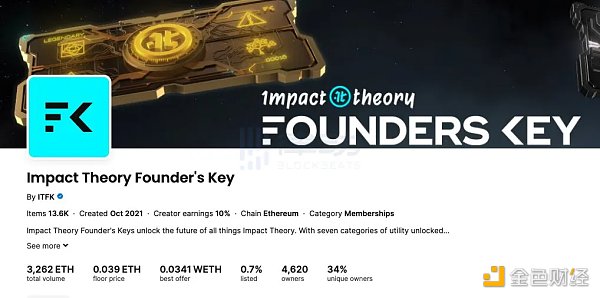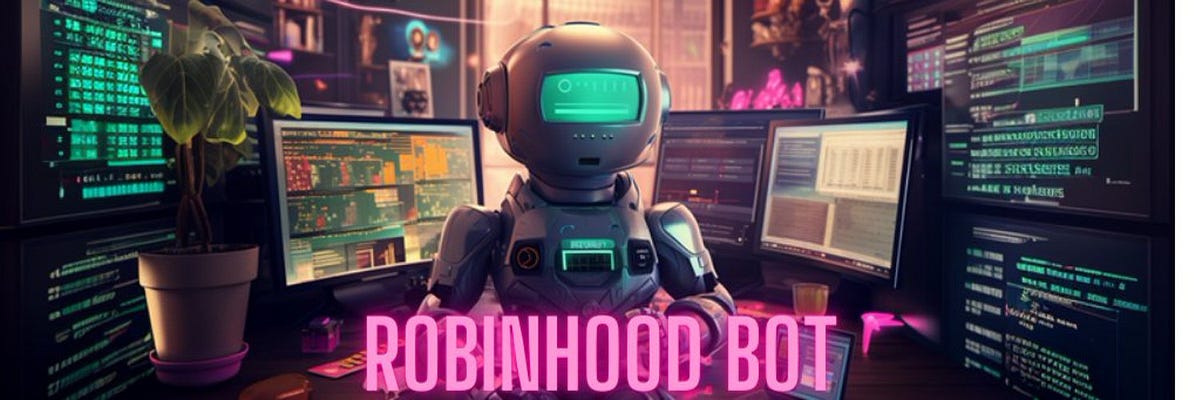Analysis of Beijing’s Internet 3.0 White Paper (Full Text Included): Separating from Web 3.0, Focusing on Artificial Intelligence and Metaverse
Analyzing Beijing's Internet 3.0 White Paper: Focus on AI and Metaverse, Separate from Web 3.0Wu Shuo learned that the Beijing Association for Science and Technology and the Zhongguancun Management Committee recently released the full text of the Internet 3.0 white paper. The white paper, which has been heavily promoted by Binance founder Zhao Changpeng and seen as a positive for the cryptocurrency industry, has sparked widespread discussion. However, Xu Mingxing, founder of OKX, said that the government always confuses cryptocurrencies, blockchain, and Web3. So what exactly is the content of the full white paper?
The white paper states:
The Web3 concept has also been popular abroad for many years, and its core key technologies include blockchain, non-fungible tokens, privacy-enhancing technologies, distributed autonomous organizations, social computing networks, on-chain data analysis, content security, and more. In April 2014, Ethereum co-founder Gavin Wood first systematically expounded on the concept of Web3, believing that Web3 is a set of inclusive protocols that provide basic modules for application developers to build applications in a completely new way. On March 11, 2021, at a Christie’s auction, digital visual artist Beeple’s NFT artwork “Everydays: The First 5000 Days” sold for $69.35 million (about 450 million yuan), igniting the NFT concept outside the industry and making the Web3 concept popular in the industry.
The article then distinguishes Web3 from Internet 3.0 and mentions blockchain in a small amount:
- Blockchain Capital: Why did we lead the investment in Worldcoin? We believe it will become the largest gateway to the crypto world.
- Blockchain Capital: Why did we lead the investment in Worldcoin?
- Understanding the Launch Rules of Neutron, the First Consumer Chain in the Cosmos Ecosystem
This article believes that Internet 3.0 is a three-dimensional space that integrates virtual and reality with high immersive interactive experience, which will greatly improve the interaction experience between people and information and the efficiency of economic activities. Highly intelligent and virtual-real integration development will be its main feature. The scope of Internet 3.0 includes the high-immersion sensory experience of virtual and reality integration and the economic activity experience of virtual and reality penetration, covering the connotation of Metaverse and Web3. Its concept embodies the development trend of human society and economic form from reality to virtual, with virtual to real, and virtual-real integration. In the future, Internet 3.0 will fully absorb the achievements of the information revolution, Internet revolution, artificial intelligence revolution, VR/AR and other technological revolutions, become the culmination of modern science and technology, and lead the development of the future Internet industry. With the maturity of technology, Internet 3.0 will give birth to new applications and new formats in fields such as consumption, industry, government affairs, urban management, medical health, etc., promoting human beings to achieve a higher level of digital and intelligent economic and social forms.
The following content mainly concerns artificial intelligence and the metaverse, mentioning:
Decentraland, a virtual reality gaming platform where players can create, experience content and applications, and make profits through 3D virtual images. Players can also purchase virtual real estate on the platform. Decentraland has become the world’s largest metaverse virtual real estate sales platform. Virtual sneaker brand RTFKT Studios has partnered with 18-year-old crypto artist Fewocious to release 621 pairs of virtual sports shoes which sold out within 7 minutes, generating nearly $3.1 million in sales.
Blockchain technology utilizes encrypted chain block structures to verify and store data, distributed node consensus algorithms to generate and update data, and smart contracts to program and operate data. As a new distributed computing paradigm, blockchain technology, as the underlying technology of the Internet 3.0, can solve trust issues, data structuring issues, and value circulation issues after structuring. It continuously promotes new industries, new formats, and new models and will be an important cornerstone of the construction of the Internet 3.0 economic system.
Overall, the core architecture of blockchain has gradually become stable and mature, entering a new stage of deepening data element trust cooperation and multi-level technology integration and innovation. Overseas, Ethereum, Hyperledger, and other blockchain technologies have formed a globally robust application innovation ecosystem in finance, traceability, trade, and other fields. In recent years, the Beijing Municipal Government has supported the Beijing Microchip Blockchain and Edge Computing Research Institute to release the first domestically controlled blockchain software and hardware technology system “Changan Chain ·ChainMaker,” which has prominent features such as full autonomy, high performance, strong privacy, and wide collaboration.
Benefiting from the rapid development of technologies such as AI, blockchain, and graphics processing, the user experience level and production efficiency of virtual digital people, virtual live broadcasts, game production, and other fields have significantly improved, which is expected to become the application field that will be profitable first in the future. The overseas NFT market is rapidly growing. By the end of 2022, the total assets of the global NFT market content creation market have reached 104.2 billion U.S. dollars, and the global NFT trading volume has achieved a high year-on-year growth rate of 83.16%, reaching 55.5 billion U.S. dollars. China started late in the field of digital collections, but enterprises have a strong willingness to try NFT business. Cities such as Shanghai have proposed supporting leading companies to explore the construction of NFT trading platforms to promote the digitalization of NFT and other assets.
We will continue to update Blocking; if you have any questions or suggestions, please contact us!
Was this article helpful?
93 out of 132 found this helpful
Related articles
- Worldcoin has completed a $115 million C round of financing, led by Blockchain Capital.
- How can we determine whether a stablecoin is an official native asset after Multichain’s shutdown exposed asset security issues?
- Summary of Hong Kong Securities and Futures Commission’s Cryptocurrency Consultation: Retail Trading, Temporary Ban on Stablecoins, and Inclusion in Indices are Minimum Standards
- LSD injects a shot in the arm for blockchain. What risks should users pay attention to?
- In-depth analysis of the new Starknet client Beerus: How to achieve trustless state verification?
- Latest article by Vitalik: Keeping it Simple and Avoiding Ethereum Consensus Overload
- NGC Ventures: Why we invested in Opside






